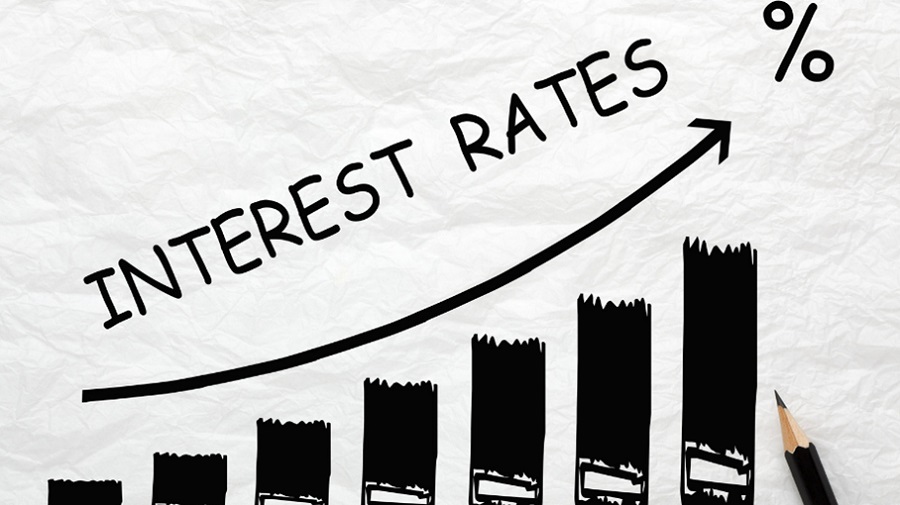As a prospective home buyer, understanding mortgage interest rates is crucial in securing the best deal for your dream home. While national and global economic trends play a significant role in determining mortgage interest rates in Ontario, there are also local factors that can impact them. In this article, we will delve into some of these key local factors that influence mortgage interest rates.
Location and Property Type
One of the most significant factors that affect mortgage interest rates is the location and type of property you are looking to buy. Lenders consider some areas more desirable than others, and this can impact their willingness to lend money and at what rate. For example, urban areas with a high demand for housing may have higher interest rates compared to rural areas with lower demand.
Similarly, the type of property can also impact interest rates. Lenders may view a single-family home as less risky than a multi-unit property, resulting in lower interest rates for the former. Additionally, properties that are considered “luxury” or “high-end” may also have higher interest rates as they are perceived to be riskier investments.
Local Housing Market
The state of the local housing market also plays a crucial role in determining mortgage interest rates. In areas with a high demand for housing and low housing inventory, lenders may offer lower interest rates to attract more buyers and compete with other lenders. On the other hand, in a buyer’s market where there is an oversupply of homes, lenders may increase interest rates to make up for potential losses.
Economic Conditions
The overall economic conditions of a specific area can also influence mortgage interest rates. Factors such as unemployment rates, job growth, and income levels can impact the demand for housing and, therefore, affect interest rates. For example, in areas with a robust economy and high employment rates, lenders may offer lower rates to attract more buyers. On the other hand, in areas with a struggling economy, lenders may have higher interest rates to mitigate potential risks.
Local Regulations and Taxes
The regulations and taxes imposed by local governments can also play a role in determining mortgage interest rates. For instance, areas with high property taxes may see higher mortgage interest rates as lenders factor in these additional expenses for homeowners. Additionally, the type of loan you are applying for may also be subject to specific regulations and taxes, which can impact the overall interest rate.
Inflation
Inflation is another significant factor that influences mortgage interest rates. When inflation rises, lenders are more likely to increase interest rates to make up for the loss in purchasing power. On the other hand, when inflation decreases, lenders may lower interest rates to incentivize borrowing and stimulate the economy.
Conclusion
While national and global economic trends may seem to have the most significant impact on mortgage interest rates, local factors should not be overlooked. From property location and type to local housing market conditions and knowing the basics of buying down your interest rate on a mortgage can all play a crucial role in determining the interest rate you will receive. As a homebuyer, it is essential to consider these local factors and work with a reputable lender who can guide you through the process and help you secure the best possible mortgage interest rate for your dream home.


